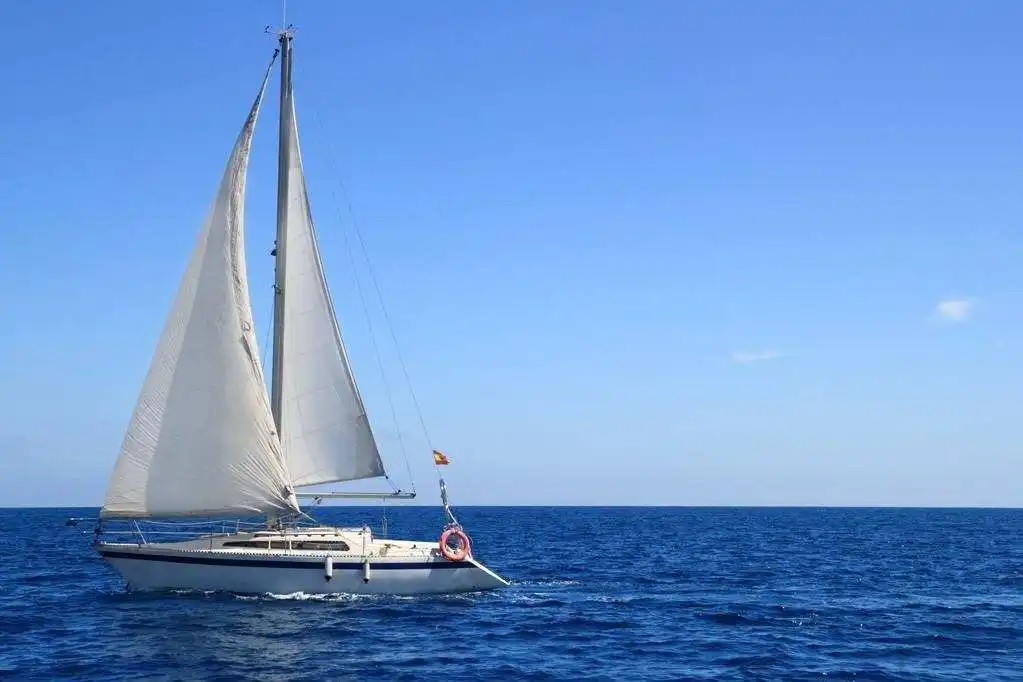 |
Welcome To Evlithium Best Store For Lithium Iron Phosphate (LiFePO4) Battery |
 |

Boat batteries, also known as marine batteries, are specifically designed for use on boats. They are built to withstand the vibrations, impacts, and environmental conditions that can occur on motorized watercraft. The power requirements for different boats vary, as do the electronic devices used on board, necessitating batteries of varying capacities.
Selecting the right battery is crucial for powering essential devices like GPS units, fish finders, and other equipment without risking damage or power failure. Battery compartments in boats also vary in size, so it’s important to choose a battery that fits your boat’s specific space constraints. Evlithium specializes in customizing batteries to match the size and power needs of your boat, offering tailored ODM and OEM battery solutions.
Lithium Iron Phosphate (LiFePO4) batteries are a newer and rapidly growing technology that offers significant advantages over traditional lead-acid batteries. Unlike lead-acid batteries that generate power through chemical reactions involving lead plates and sulfuric acid, lithium batteries produce energy as lithium ions move between the anode and cathode. This seemingly small difference results in major performance benefits.
There are three main types of marine batteries:
Marine Starter Batteries: These provide a quick burst of energy for short periods, ideal for starting the engine. They charge quickly through the engine’s alternator but should not be used to power equipment or trolling motors.
Marine Deep Cycle Batteries: Designed for long-lasting performance, these batteries discharge slowly and can endure hundreds of charge and discharge cycles. They are best for powering trolling motors, audio systems, and other accessories.
Marine Dual-Purpose Batteries: Combining the capabilities of both starter and deep-cycle batteries, these are a good choice for smaller boats with limited space, although they do not perform as efficiently as dedicated batteries.
Lithium iron phosphate (LiFePO4 or LFP) batteries are ideal for marine applications due to their reliability, safety, and performance. Evlithium offers a range of LiFePO4 batteries that are strong, safe, and available in various sizes and specifications to suit any boating lifestyle.
Lightweight and Compact: Lithium batteries use light materials like lithium and carbon, making them smaller and lighter than older lead-acid batteries. A typical 100Ah lithium battery weighs as much as a 40Ah lead-acid battery but offers more than double the capacity.
100% Depth of Discharge (DOD): These batteries allow you to use 100% of their capacity without a drop in performance, unlike lead-acid batteries, which degrade as they discharge.
High Energy Density: Lithium batteries pack a lot of energy into a small size, providing longer-lasting power compared to other types of rechargeable batteries.
Low Maintenance: Lithium batteries do not suffer from the "memory effect" found in older batteries, allowing them to be recharged at any level without reducing their capacity.
Long Lifespan: High-quality lithium iron phosphate batteries last for about 4,000 full charge cycles, significantly outlasting other battery types.
Low Self-Discharge Rate: Lithium batteries have a low self-discharge rate, losing only about 1-2% of their charge per month, making them more efficient than nickel-based batteries, which lose up to 15% monthly.
Evlithium batteries can be linked in series or parallel to meet your specific power needs. Connecting in series increases voltage, while connecting in parallel increases amp hours, allowing you to customize your setup for optimal performance.
Edit by paco
All Rights reserved © 2025 Evlithium Limited